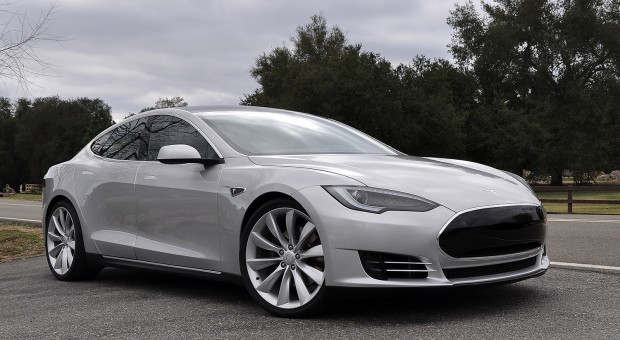
The popularity of electric vehicles (EVs) has surged in recent years as more people seek sustainable and cost-effective alternatives to traditional gasoline-powered cars. With advancements in technology, wider availability of charging infrastructure, and growing environmental consciousness, the decision to buy an EV is becoming increasingly appealing. However, before making the switch, there are several crucial considerations to keep in mind to ensure that an electric vehicle meets your needs and expectations.
1. Range and Battery Life
One of the most important factors to consider when purchasing an EV is the vehicle’s range, which refers to the distance it can travel on a single charge. This varies significantly between models, with some offering ranges of over 300 miles, while others may only provide around 150 miles. Your driving habits and daily commute will largely determine the range you need. If you frequently drive long distances, you’ll want an EV with a higher range to avoid frequent stops for charging. Additionally, consider the battery life and warranty, as these will impact the long-term cost and convenience of owning the vehicle.
2. Charging Infrastructure
Access to charging stations is another key factor. Before purchasing an EV, it’s essential to assess the availability of charging infrastructure both near your home and in the areas you frequently travel. Look for parking areas near you where EV charging solutions are already installed. Having access to charging stations at work, home, or public places can greatly enhance the convenience of owning an EV. If you live in an apartment or a place where home charging isn’t feasible, proximity to public charging stations will be crucial.
3. Cost and Incentives
While the upfront cost of EVs can be higher than traditional vehicles, it’s important to consider the total cost of ownership. EVs generally have lower maintenance costs due to fewer moving parts and no need for oil changes. Additionally, electricity is typically cheaper than gasoline, which can result in significant savings over time. Moreover, many governments offer incentives, such as tax credits and rebates, to reduce the effective cost of purchasing an EV. Be sure to research the incentives available in your region, as they can greatly affect the affordability of your new vehicle.
4. Environmental Impact
The environmental benefits of EVs are often a major selling point, but it’s worth considering the entire lifecycle of the vehicle, including manufacturing and battery disposal. While EVs produce no tailpipe emissions, their production can be energy-intensive, and the environmental impact of mining for battery materials is significant. However, as renewable energy sources become more widespread, the overall carbon footprint of EVs is expected to decrease over time.
5. Future-Proofing
Finally, consider how well the EV you’re interested in is equipped for future developments. As the EV market evolves, newer models are likely to offer longer ranges, faster charging, and more advanced technology. Look for vehicles that receive over-the-air software updates, as these can improve performance and add new features without the need for a physical upgrade.
In conclusion, buying an electric vehicle involves more than just choosing a model that fits your budget and lifestyle. By considering factors such as range, charging infrastructure, cost, and environmental impact, you can make an informed decision that ensures your EV is both practical and sustainable for years to come.
















